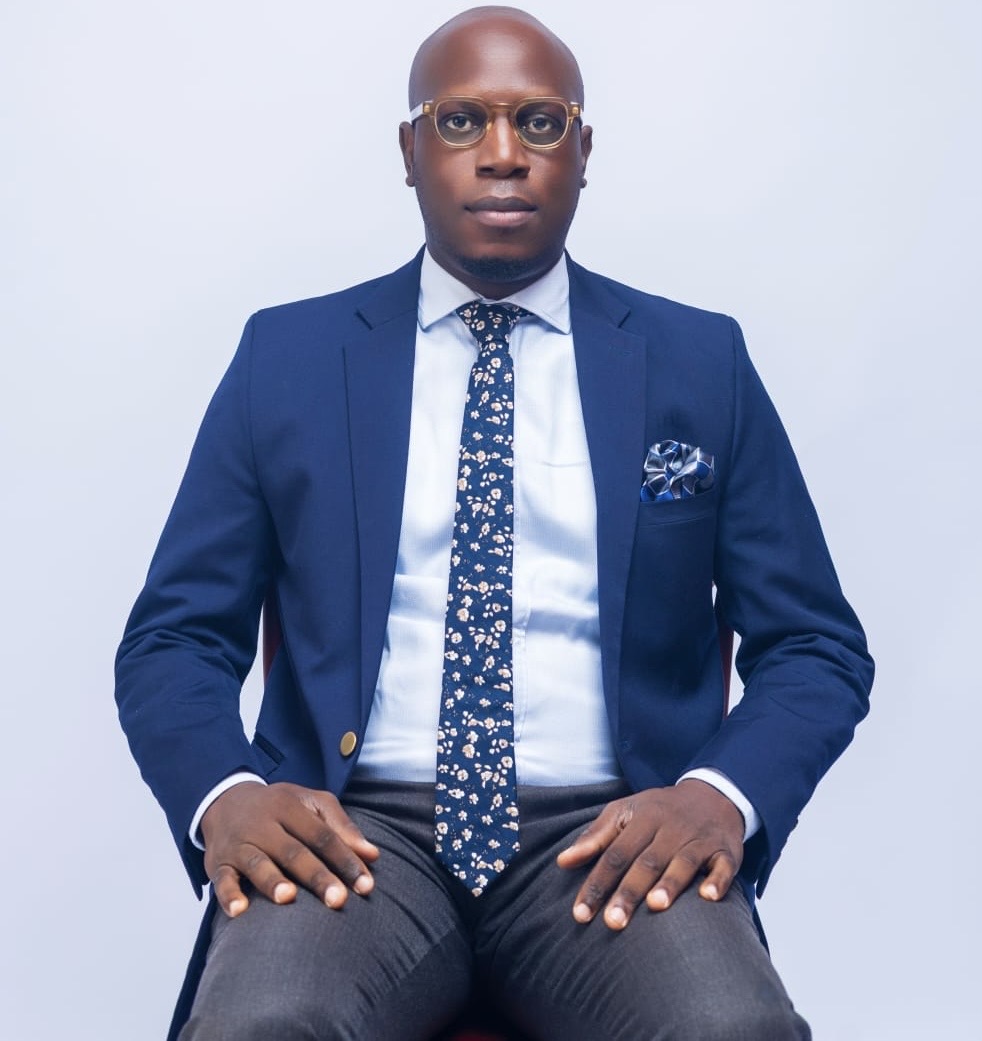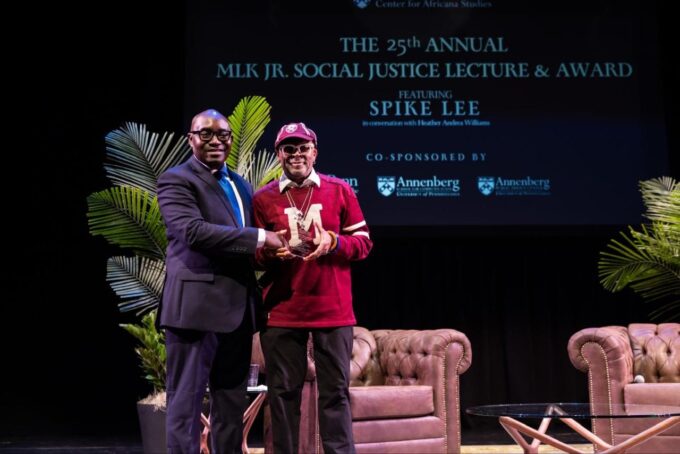The Nigerian Institution of Civil Engineers Students Affiliates, Obafemi Awolowo University (NICESA-OAU), recently held the 10th Annual Lecture of Late Emeritus Prof. M.O. Ogedengbe, with the theme, ‘Think.’ Build. Sustain: The Role of Young Engineers in Nation Building. NICESA-OAU had the honour of having Engr. Babatunji Adegoke giving a keynote address.
Expressing gratitude for the honour, Adegoke stated that, “It is both humbling and inspiring to be part of this gathering that celebrates not only academic excellence but the vital role that young engineers play in shaping our national destiny.
My journey into leadership within the construction industry was not accidental but rather deliberate. It began with a single question: “How can I be useful beyond my title? As a registered engineer, I came to realise that qualifications are only meaningful if they translate into tangible impact. That realisation pushed me into visibility, advocacy, and service. So today, I pass this challenge on to you: What kind of Nigeria do you want to build—and how ready are you to build it?”
He also pointed out that Civil engineering is more than structural design and concrete. It is a powerful force that underpins national growth. From roads to water systems, from bridges to buildings, we are the quiet sculptors of civilisation. He adds, “Yet, our duty goes beyond physical infrastructure. We must also engineer the minds, shape societal values, and influence policy and ethics. Infrastructure built without an informed and ethically aware society is infrastructure wasted. When a highway is constructed without environmental consideration, the cost is not only financial—it becomes ecological and human. Thus, we must build with sustainability and foresight.
Nigeria’s construction industry faces a triple crisis, he notes, citing Infrastructural decay and maintenance neglect, Technological disruption and widening skill gaps and perhaps most troubling, the erosion of ethical standards and civic conduct as some of the issues.
“Consider the Ibadan-Ife expressway, a road once functional but now deteriorated. Preventive maintenance would have been cheaper than the cost of total failure. In 2025 alone, Lagos recorded multiple building collapses—avoidable tragedies rooted in professional negligence and policy lapses.”
“Even more dangerous is the decay of values—the loss of civil behaviour in a civil profession. As engineers, we must advocate not only for roads and structures but for ethical foundations.” He adds.
Concluding his address, Adegoke establishes that Rebuilding Nigeria demands a new generation of engineers who are not only technically proficient but also ethically grounded, digitally fluent, and driven by a sense of purpose. The future of civil engineering lies beyond physical infrastructure; it is about reshaping communities, systems, and mindsets. Future leaders in engineering must embrace modern tools like AI, BIM, and drone technology while upholding values like integrity, inclusivity, and sustainability. Leadership is no longer about titles—it is defined by presence, principles, and a vision for positive change.
To move forward, young engineers must actively seek growth through internships, service, mentorship, and lifelong learning, he affirms. Adding that, “Rather than waiting for opportunities, they must become the solution providers who create them. Bridging the gap between academic knowledge and real-world application is critical, with emphasis on research into local, sustainable, and culturally relevant solutions. Nation-building begins with individual action. The call is clear: this generation must rise to become the architects of hope, the engineers of transformation, and the custodians of a rebuilt Nigeria. The blueprint for change is in your hands.” He concludes.


















Leave a comment